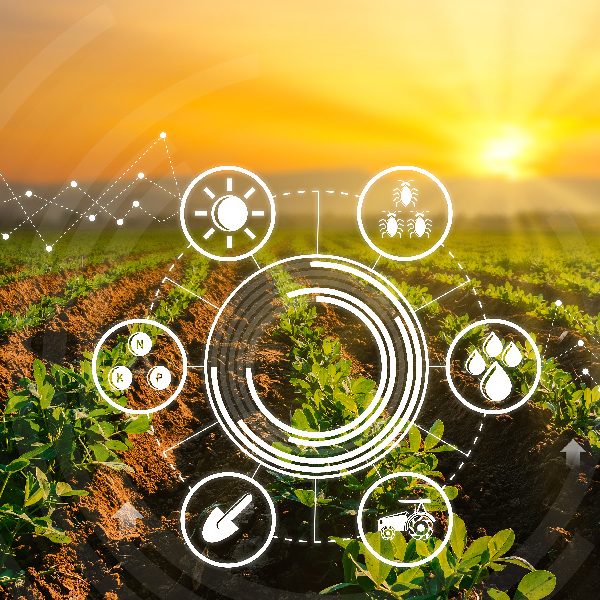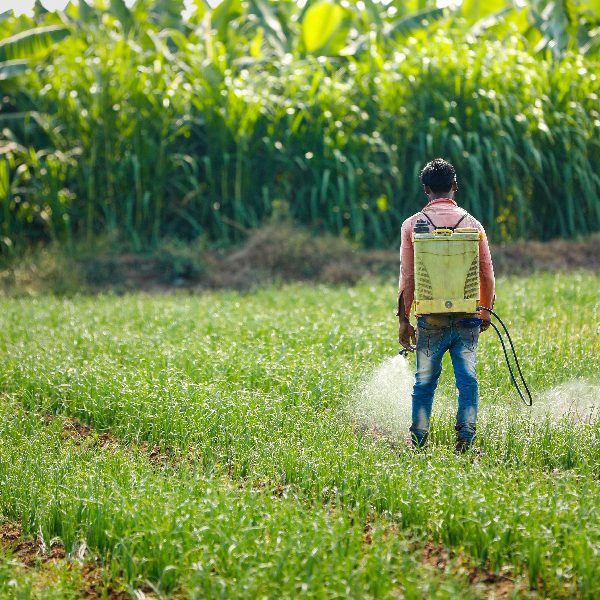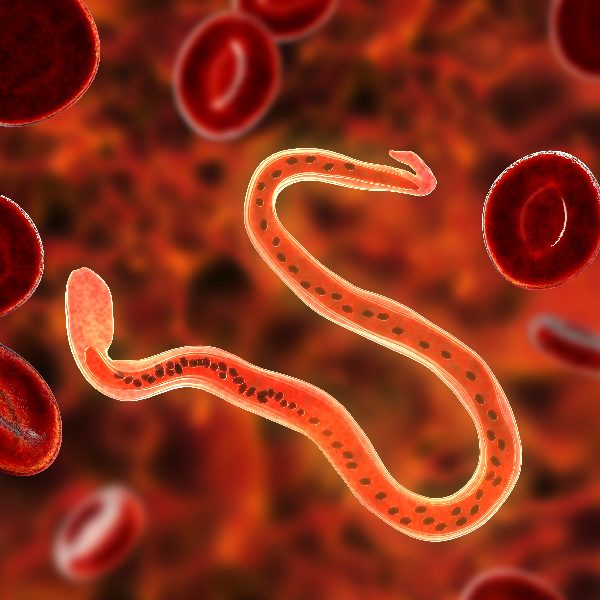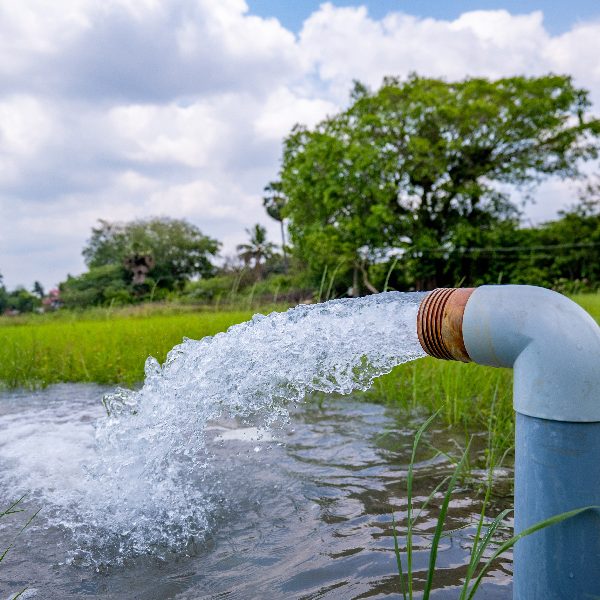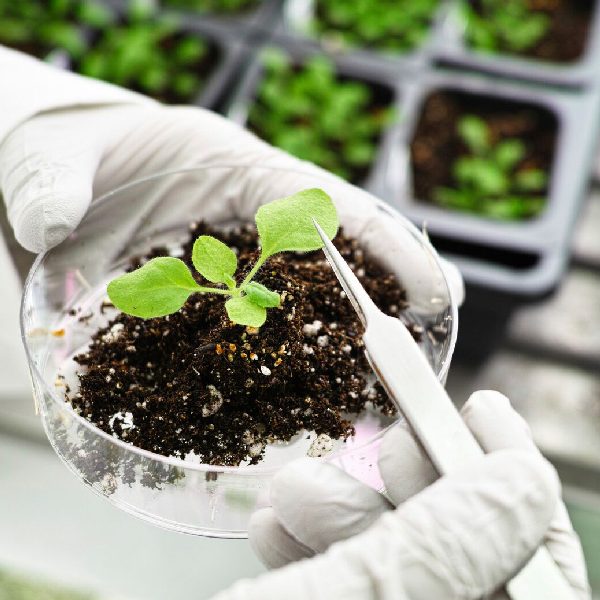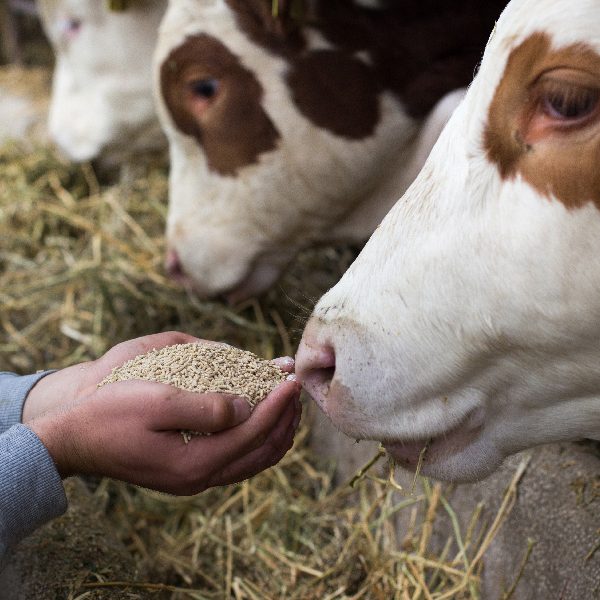A survey was conducted amongst farmers few years ago and when asked whether soil testing is something they should use to improve soil fertility and for raising better crops. Almost 82% of them said ‘Yes’ and almost 28 % of them said that they have used soil tests.
What are those essential aspects to be known about Soil?


